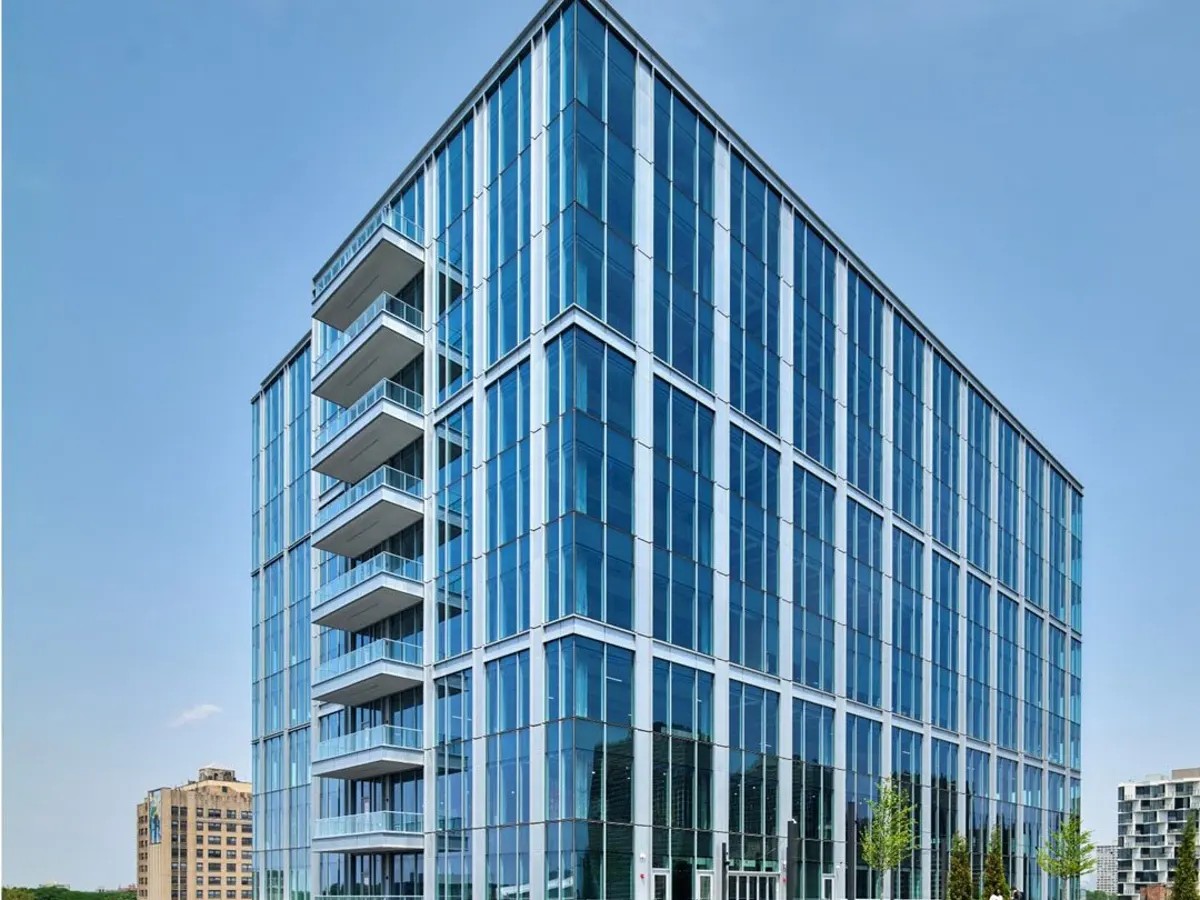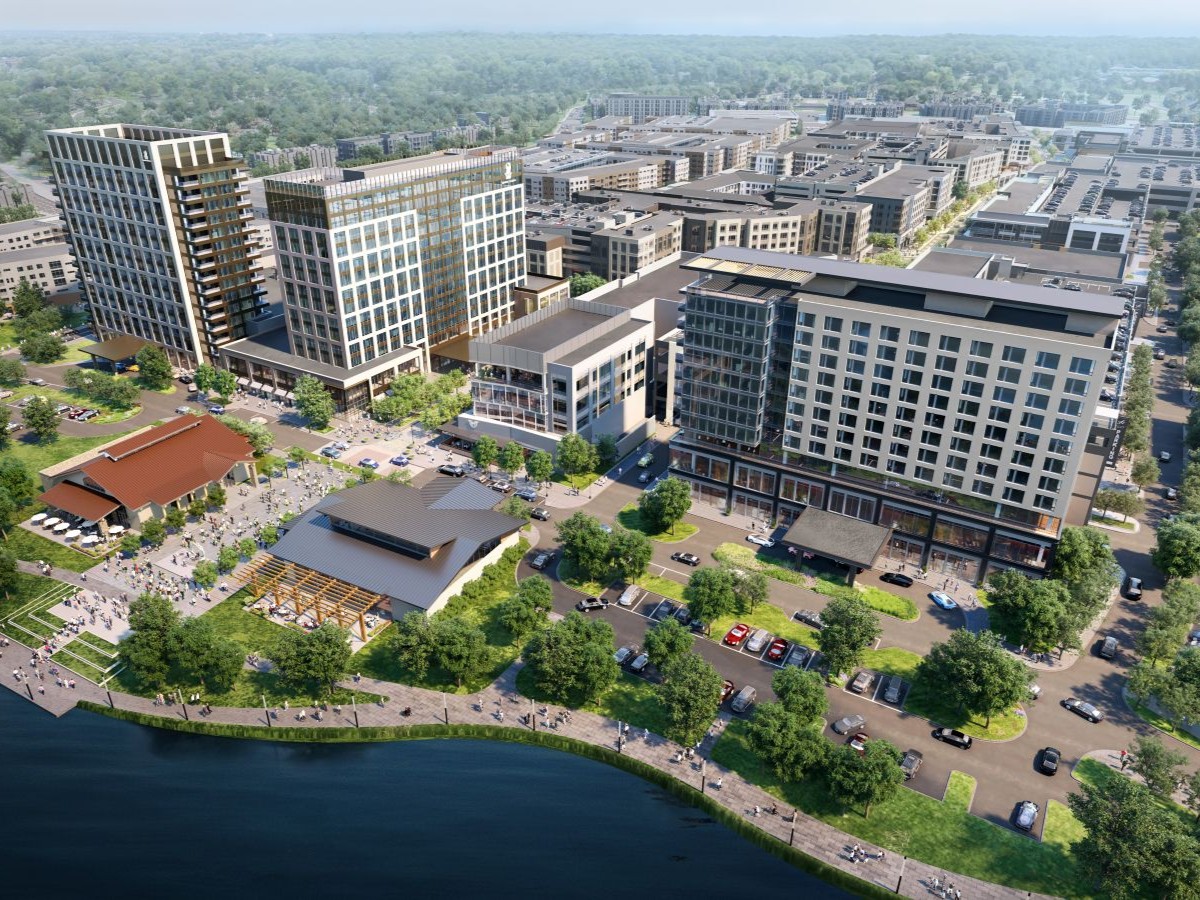Running Toward Retail: Banking on the Lasting Appeal of Downtowns
The in-person shopping experience can thrive in revitalized core districts, representing a potential goldmine for small business tenants with strong customer relationships.
By Greg Hoffmann

Greg Hoffmann
While media analysts wring their hands over the impending death of brick-and-mortar retail stores, maverick investors are seizing the opportunity to reinvigorate the downtown shopping experience. This long-range strategy includes aggressively expanding real estate portfolios in carefully targeted markets to create attractive destination neighborhoods filled with successful local businesses.
Of course, the retail paradigm is shifting, but people will still leave their computers at home for a positive experience in their communities. The goal of downtown property owners should be the creation of an exciting neighborhood atmosphere that draws people out.
The heart of a successful strategy is the identification of high-potential properties in curated, concentrated areas, undervalued by existing owners who are backing away from retail sectors. This is followed by investment in improvements to individual properties and enhancements to the general neighborhood, ranging from fresh paint, awnings and signage to sculpture walks, live music performances and other promotions; result—sleepy downtowns become engaging destinations for shopping and dining.
Hoffmann Commercial Real Estate has followed that strategy to transform downtown shopping areas in Avon, Colo., including the Beaver Creek Ski Resort; Naples, Fla.’s Old Towne 5th Avenue South; and the North Shore suburbs of Chicago, achieving tenancy rates of 97 percent across more than 60 properties nationwide. Most of the tenants are small businesses, many with deep roots in the community.
Game Plan
Here is a case in point: Winnetka, Ill., where the company has purchased 14 properties in a short time span. A community like Winnetka is a prime setting for the Hoffmann business model. The population has a healthy level of disposable income and is trending younger, with residents who enjoy walking, biking and socializing locally.
Concentrating on a contiguous shopping district, storefronts along Lincoln Avenue, Elm Street and Chestnut Court have had cosmetic upgrades, and foot traffic to local cafes and businesses has received a boost from new statuary and weekend music. We have well-established tenant businesses that are part of local history. As property owners, we can help those tenants maintain their existing customer relationships and also attract new foot traffic.
Business tenants appreciate a demonstrated commitment to enhancing the overall appeal of their storefronts and neighborhoods. They understand a rising tide lifts all boats, and see the positive impact of both the physical enhancements and social additions to their areas.
“The positive buzz and energy going on with Hoffmann buying buildings and renovating is exactly what the community needs,” believes restauranteur Patrick O’Neil, owner of Little Ricky’s and Trifecta Grill. “As a long-standing board member of the Business Community Development Commission of Winnetka, this is the kind of ownership we have been waiting for. My wife Mary and I have owned three restaurants—a women’s clothing boutique and a detail car wash—all in Winnetka. We share the company’s vision and appreciate their investment in a community that has huge potential for growth.”
“We are excited by the very visible improvements taking place in Winnetka,” notes Kaveh Mirani, owner of Mirani’s at Home catering. “The fresh paint and new awnings make a real difference, and the sculpture walk is interesting and attractive. Lincoln Avenue is looking great.”
Commercial real estate professionals need to quell the current panic over retail space and take the long view for the future. Consider the transformative waves that have created the current landscape. Downtowns lost customers to regional malls decades ago, which then lost to big-box stores, which now are buffeted by online competition. The next phase, for those committed enough to pursue it, can be the rediscovery of the power of local shopping experiences.
America’s downtown districts represent memories for children, families and friends. They lend themselves to a feeling of being connected and identifying with the community, a place to be proud of and a lifetime of childhood and family memories that cannot be replaced in malls or via the internet. By identifying communities with a strong foundation and providing attractive improvements, we can bring that downtown vibe back to life.
Greg Hoffmann is CEO of Hoffmann Commercial Real Estate. Headquartered on the North Shore of Chicago, the established real estate holding company transforms and maintains properties to a Class “A+” standard.







You must be logged in to post a comment.